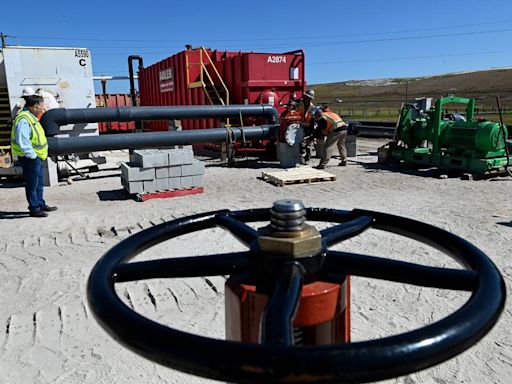Search results
The discharge is a permanent order prohibiting the creditors of the debtor from taking any form of collection action on discharged debts, including legal action and communications with the debtor, such as telephone calls, letters, and personal contacts.
Feb 11, 2022 · In a bankruptcy case, bankruptcy discharge means a judge has declared that you’re no longer responsible for paying debts. It’s a permanent action that affects some, but not all, types of debt.
If your claim (injury or property damage) arose before your bankruptcy, any settlement you receive after you file your case will usually be the property of the bankruptcy estate. Whether you can keep your settlement proceeds will depend on the type of claim and the exemption laws of your state.
Aug 10, 2023 · Discharge. For most filers, a discharge marks the end of their bankruptcy case. The bankruptcy is officially over once the court issues a final decree following the the trustee’s “Final Report”.
Learn about what a bankruptcy discharge is after filing, the debts that are dischargeable in bankruptcy, and what happens if the discharge is denied.
There is a good chance you will receive a bankruptcy discharge, unless your case is dismissed or converted to a different type of bankruptcy case. The discharge usually occurs within a few months from the date you filed for bankruptcy.
Mar 29, 2024 · A bankruptcy discharge is the desired result of a bankruptcy case. It means there's a court order in your bankruptcy case that removes your debts. You no longer have to pay your creditors once the court has discharged your debts. Bankruptcy discharge occurs in both Chapter 7 and Chapter 13 bankruptcy.

